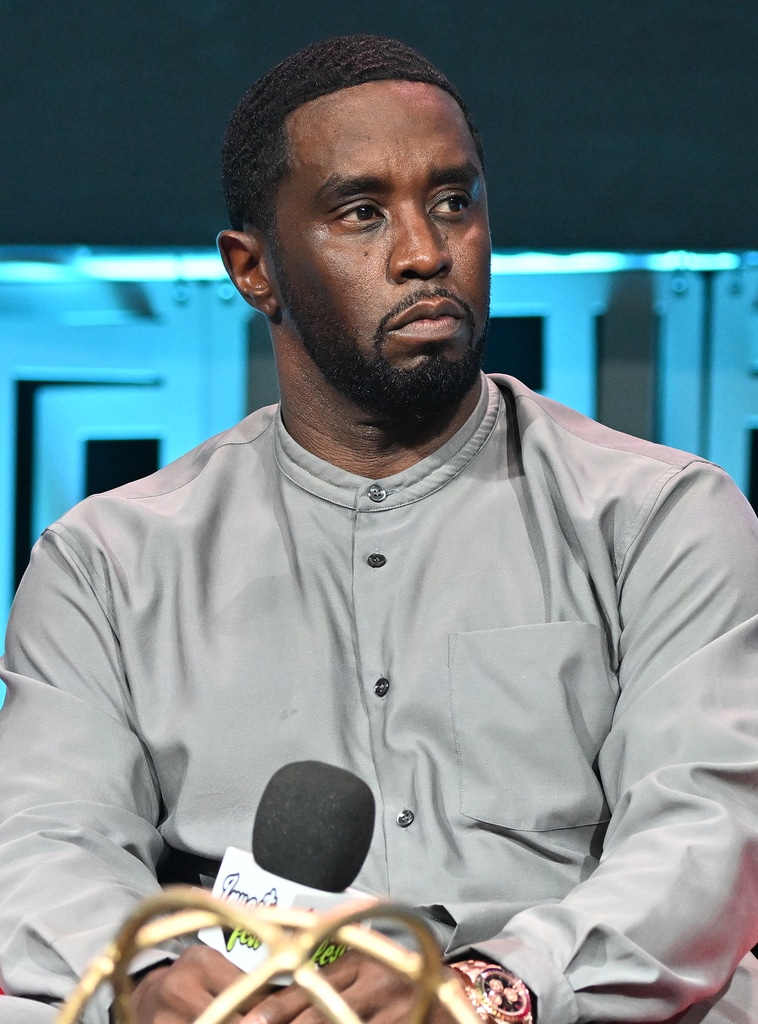**DL Hughley Calls Out Silence and Complicity in the Diddy Allegations**
Recently, comedian and actor DL Hughley has stirred conversation by addressing the wave of people who are now coming forward with allegations and stories about Sean “Diddy” Combs.
Hughley’s pointed statement — “If you are telling a story about something you knew and didn’t do anything about it, you are not a witness, you are an accomplice” — has sparked debate on the role of silence and responsibility in cases of alleged misconduct, especially when public figures are involved.
Hughley’s comments come at a time when Diddy, one of the most prominent figures in the music industry, is facing multiple allegations of sexual misconduct and abuse.

In the wake of these claims, many individuals who were close to the music mogul are now stepping forward, sharing their stories of what they allegedly knew but had not previously spoken about.
This pattern of silence and later revelation raises important questions about accountability, complicity, and the cultural dynamics that often protect powerful individuals from scrutiny.
The Problem with Silence
Hughley’s critique highlights a significant issue in how society handles allegations of abuse, particularly in high-profile industries such as entertainment.
Often, individuals who witness inappropriate behavior or have knowledge of it choose to remain silent for a variety of reasons — fear of retaliation, professional consequences, or simply a desire to avoid conflict.
However, when these individuals come forward after the fact, especially when accusations become public, the question arises: why didn’t they speak out earlier?

Hughley’s statement suggests that by remaining silent, these individuals are not simply bystanders. Instead, they become complicit in the very systems that allow abuse and misconduct to continue unchecked.
The idea of complicity underscores the moral responsibility we have to act when witnessing harm, particularly when the power imbalance makes it difficult for victims to come forward themselves.
Power Dynamics and Fear
In cases like Diddy’s, power dynamics play a crucial role in why people may choose silence over action. Diddy is an industry titan, and speaking out against someone of his stature can come with significant personal and professional risks.
Many may have feared that they would lose their jobs, their careers, or even face public ridicule if they spoke out against him. This fear can create a culture of complicity where those in the know choose self-preservation over justice.
However, Hughley’s statement cuts through these justifications. He argues that while fear may be understandable, it doesn’t absolve individuals from responsibility.
If people had information that could have prevented further harm or stopped abusive behavior, their decision to remain silent allowed the alleged misconduct to continue. In this context, silence is not neutral — it can be seen as an act of enabling.

The Role of Witnesses in Accountability
Hughley’s call-out also touches on the broader issue of accountability in society. Witnesses to wrongdoing, particularly in industries rife with power imbalances, play a critical role in exposing harmful behavior and preventing further abuse.
When witnesses fail to act, it reinforces a culture where abusers are protected by the silence and complicity of those around them.
While many of the individuals now speaking out may have genuinely feared for their livelihoods, Hughley’s comments serve as a reminder that the longer misconduct is allowed to persist, the more damage it can do.
By framing silence as complicity, he emphasizes the importance of stepping forward when one has the power to prevent further harm.
Conclusion
DL Hughley’s statement challenges both the entertainment industry and society at large to reconsider how we think about silence and responsibility in cases of alleged misconduct. His words serve as a sharp reminder that staying quiet about wrongdoing, especially when one has the knowledge and power to stop it, is not a neutral act. It is a form of complicity that allows harm to continue unchecked.
In a world where silence can be as damaging as action, Hughley’s message pushes for greater accountability and reminds us that it is not enough to speak up once the damage has been done. True justice requires courage and responsibility, even when it is difficult or risky to do so.





